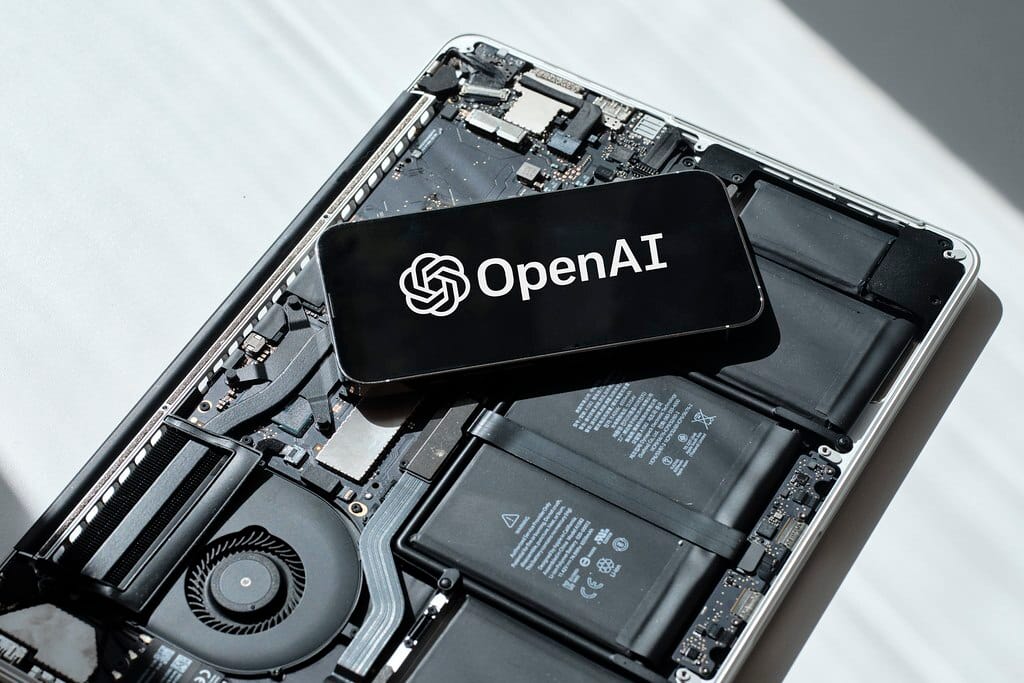OpenAI Announces Targeted Advertising for ChatGPT Free and Go Users
OpenAI announced that it will begin testing advertisements in ChatGPT for free and Go tier users in the United States, marking a significant shift in the AI company's revenue strategy. The advertisements will appear at the bottom of user conversations and will be targeted to the topic of













